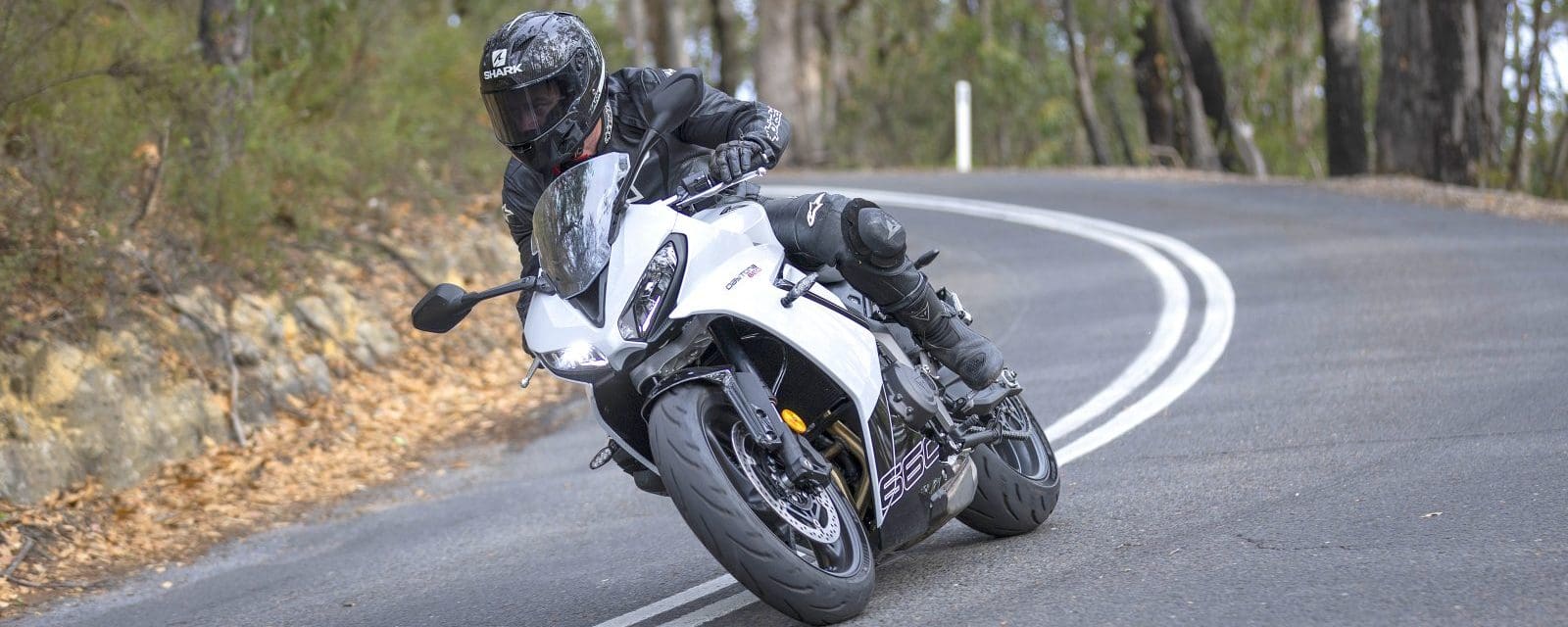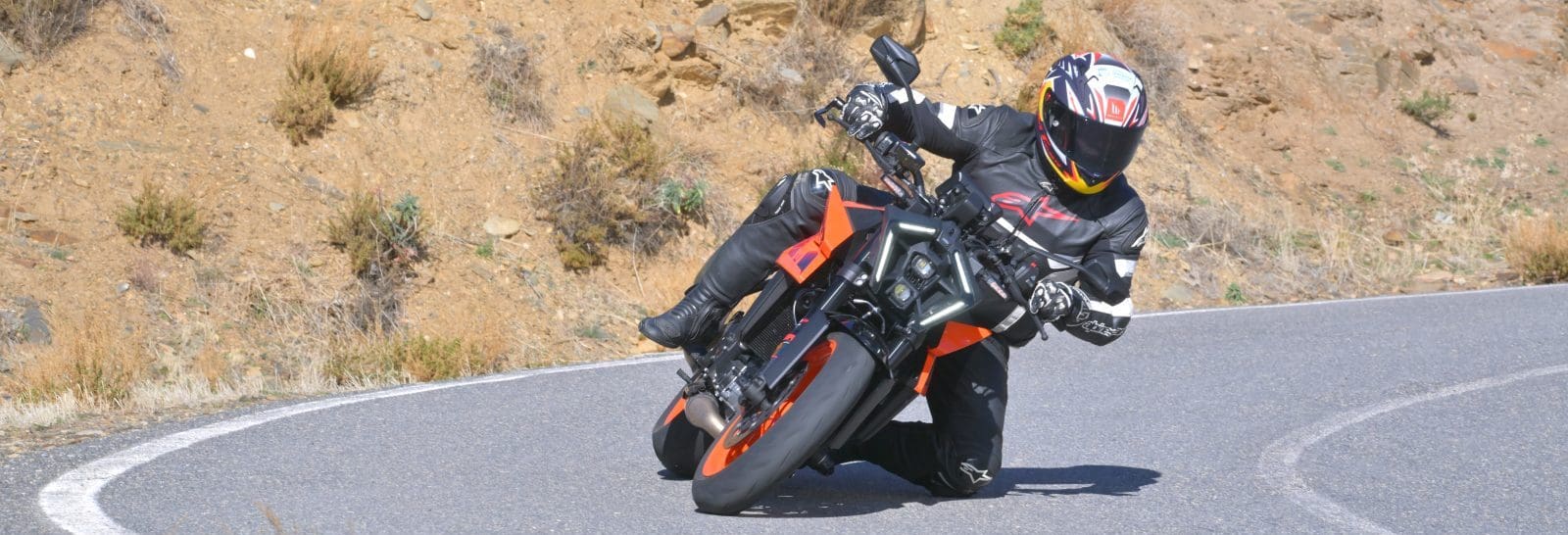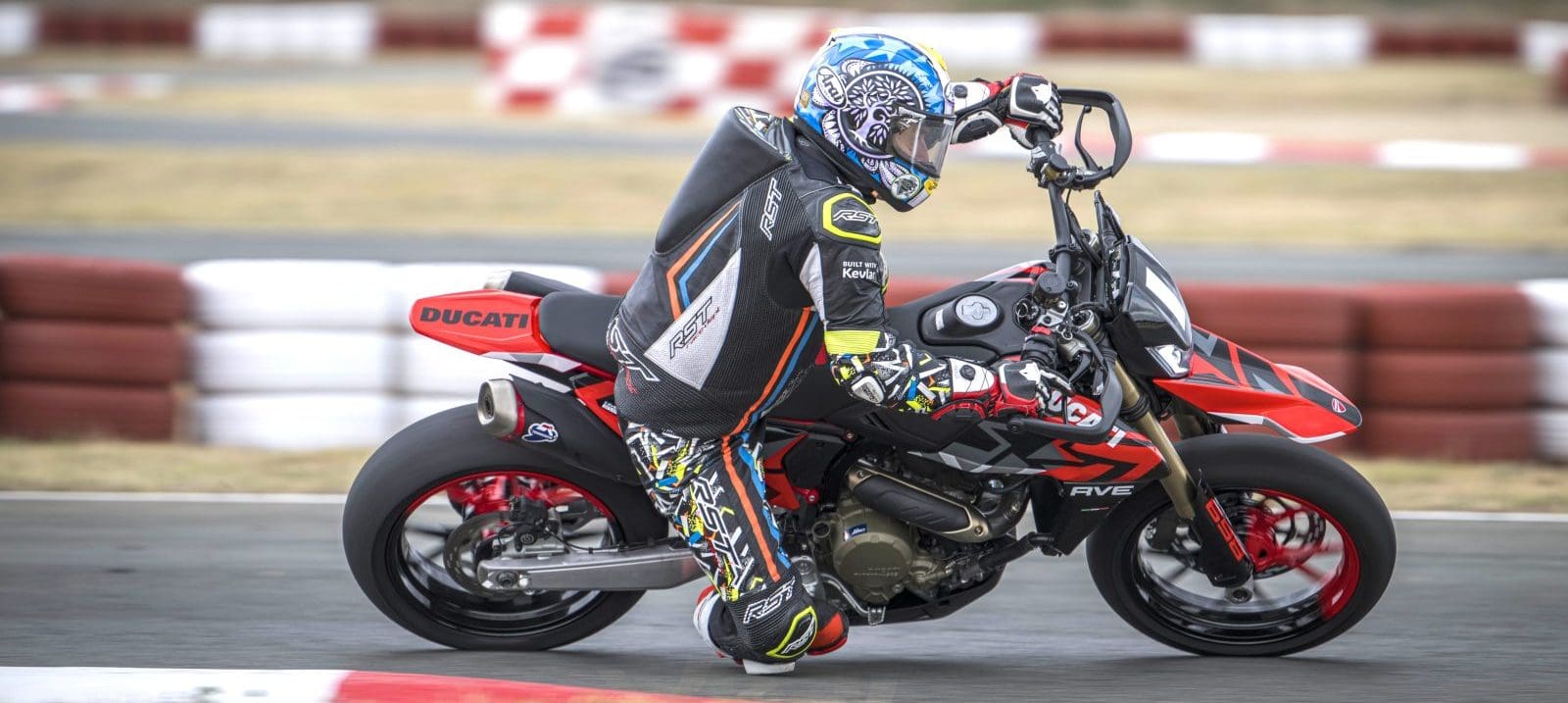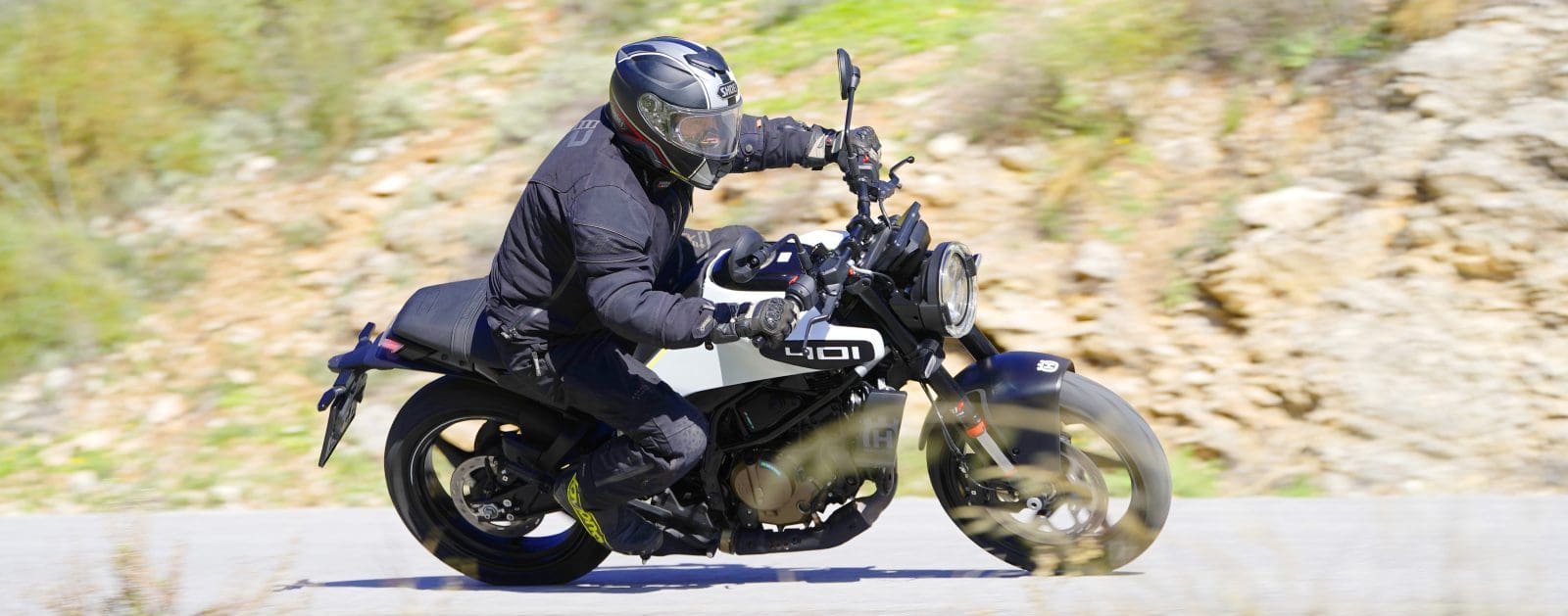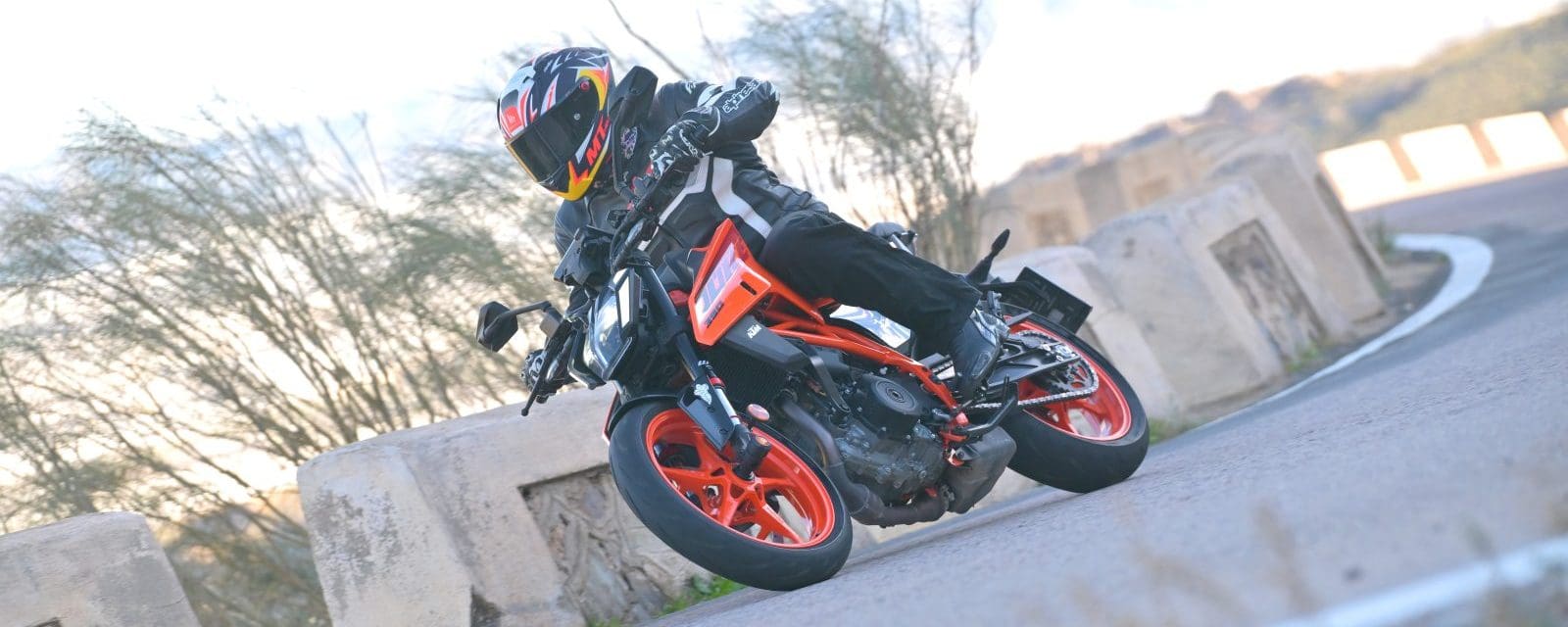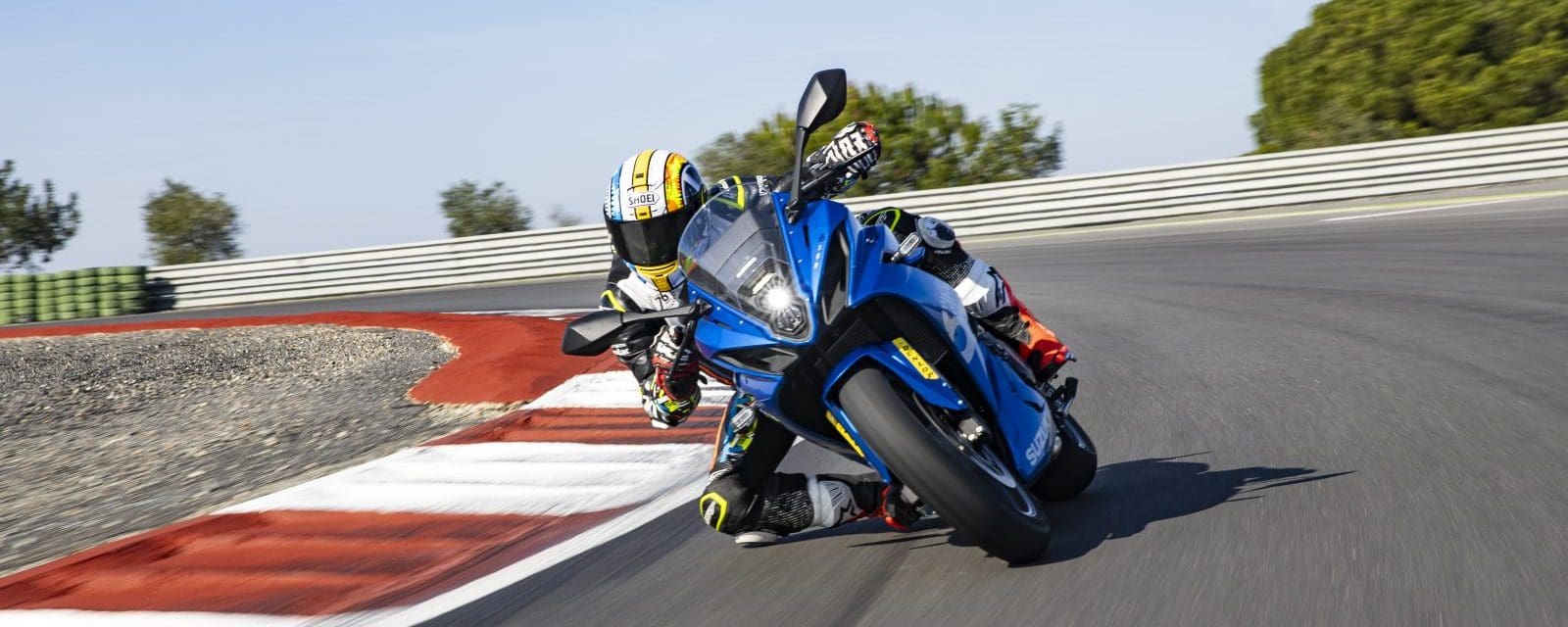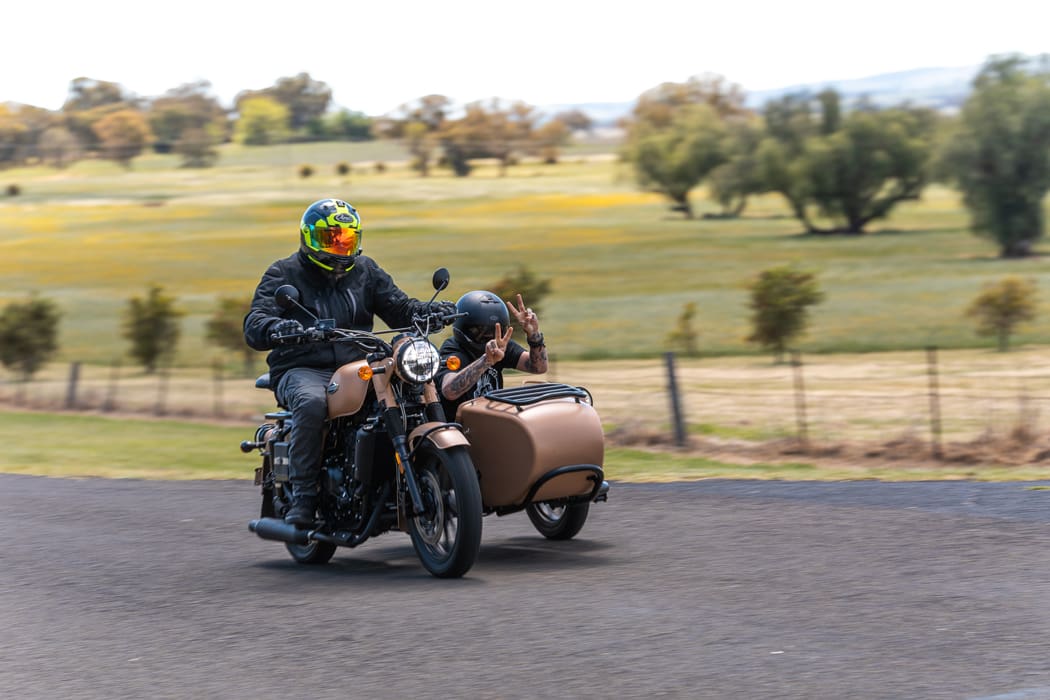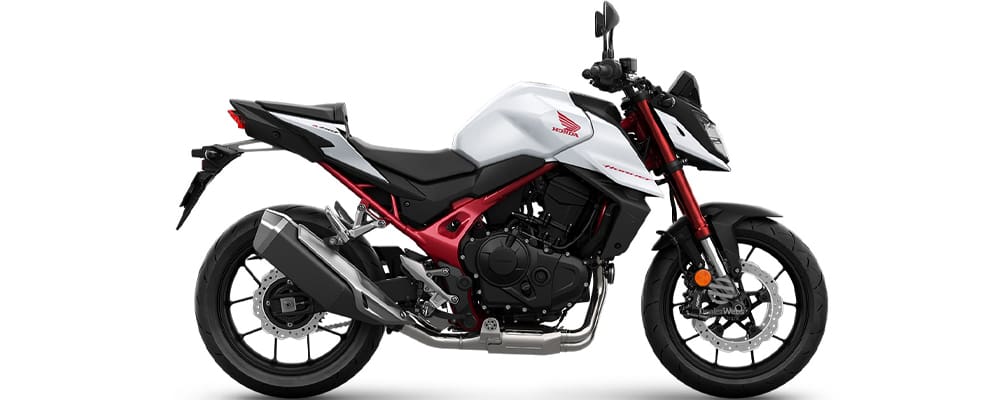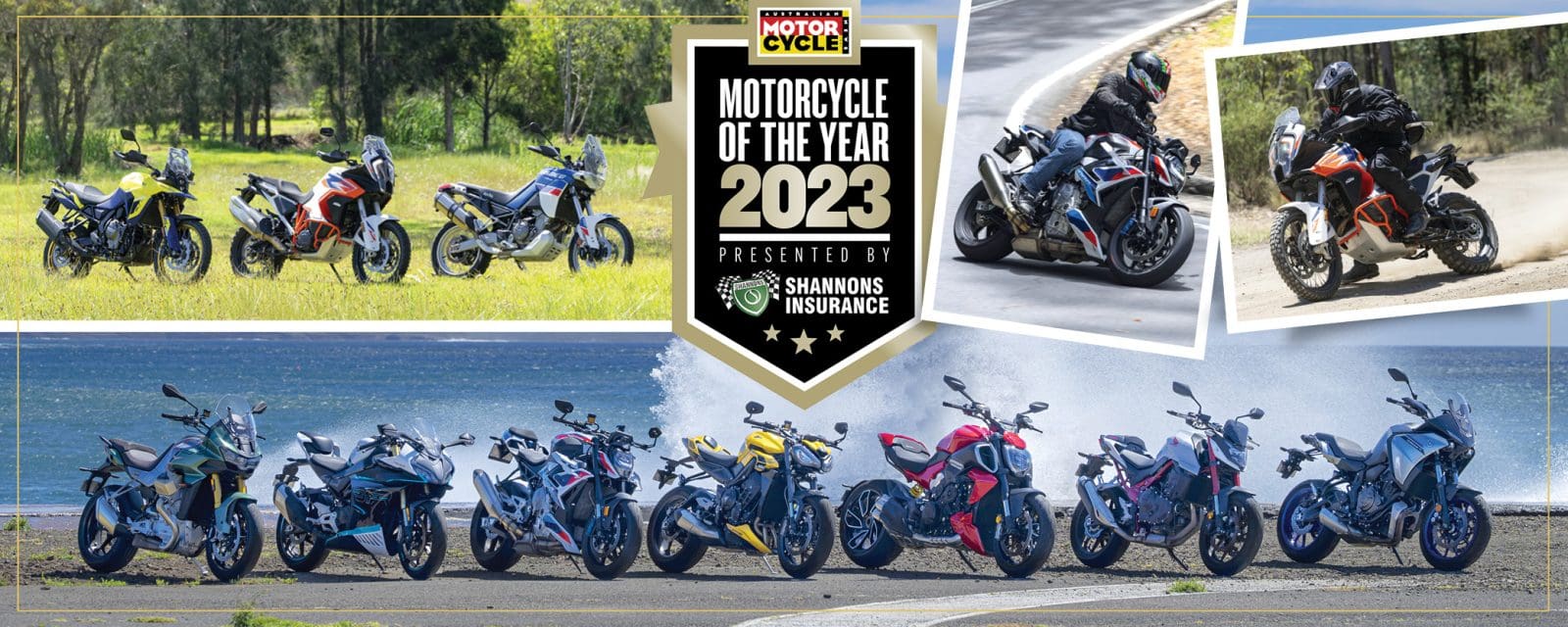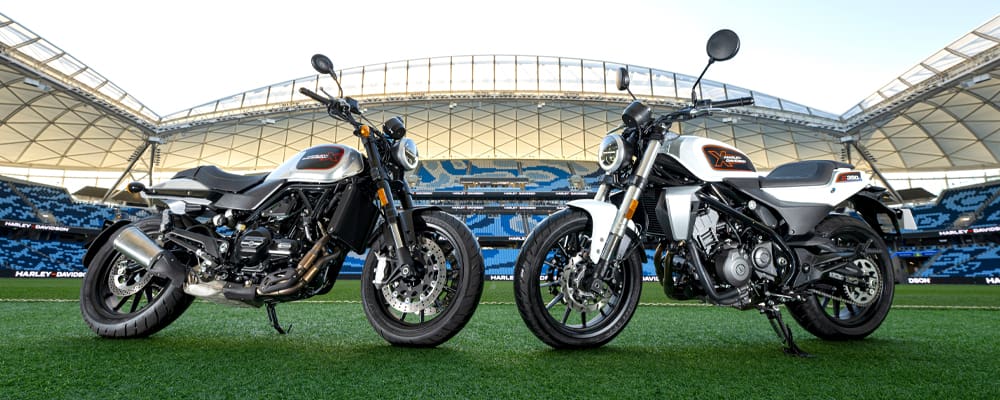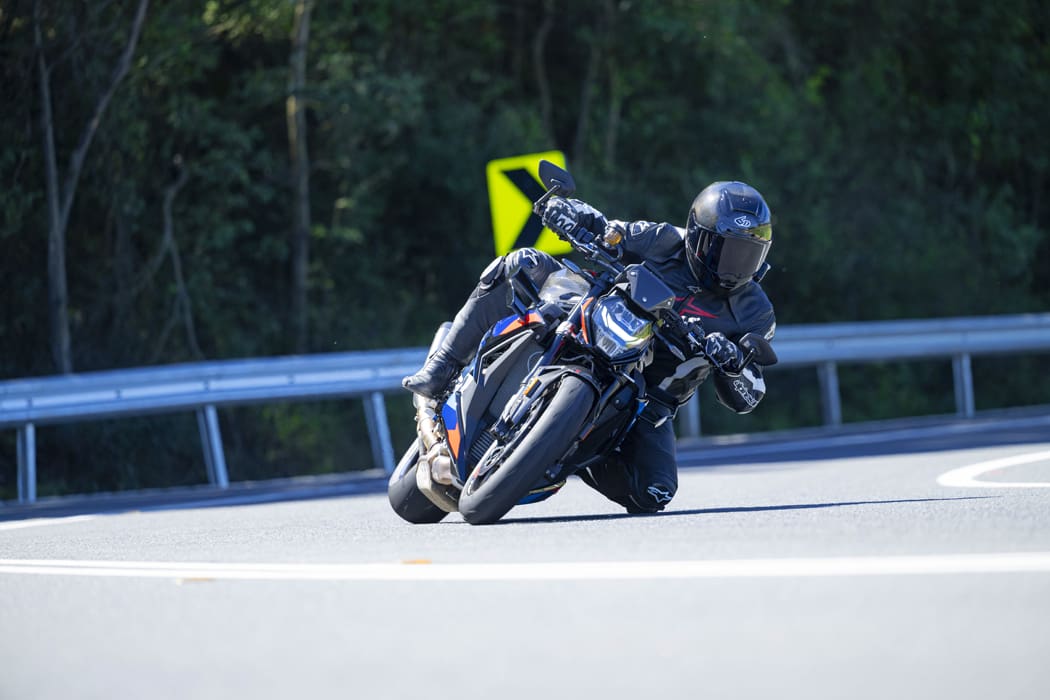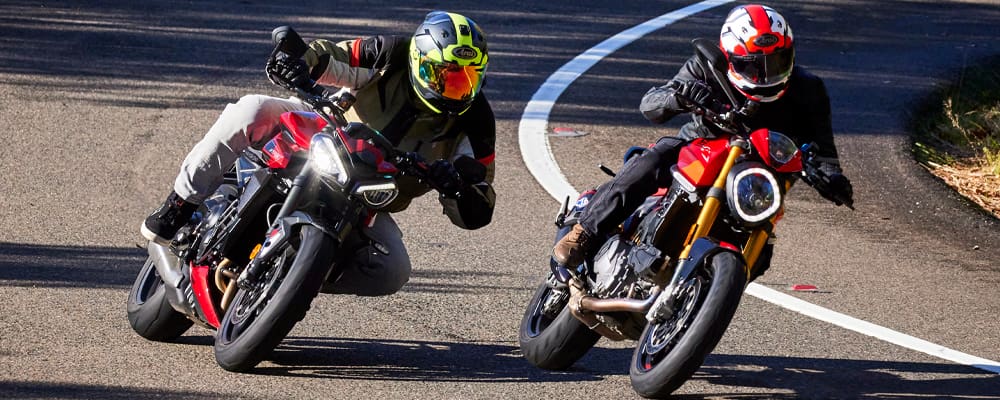Meet the all-new Leoncino 800 and 800 Trail.
Benelli’s retro-styled Leoncino 500 has gathered a loyal following since its 2017 introduction. Both the 500 and its more off-road biased 500 Trail sibling are good little bikes, but let’s be honest, 35kW of power just isn’t going to cut it for any rev head wielding an unrestricted licence. For 2022, fans can rejoice because the Leoncino is now available in two new larger-capacity variants.
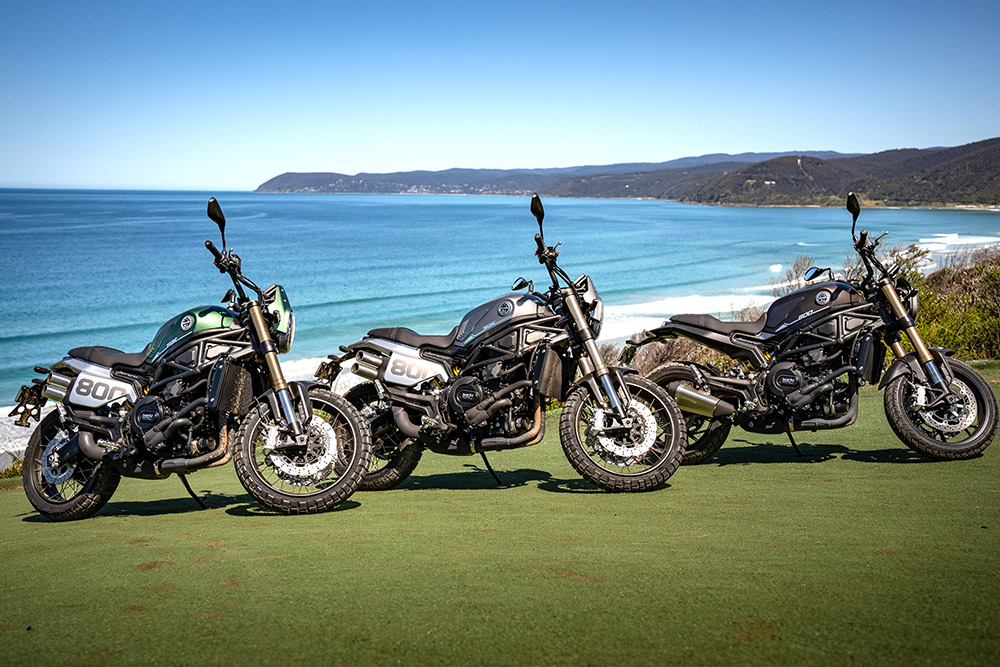
But although the new 800 models carry the Leoncino name and a similar silhouette, in reality they actually have more in common with Benelli’s 752S naked roadster than with their 500cc namesake. The 800 and 800 Trail models run a 754cc parallel-twin engine that’s almost identical to the unit found in the brand’s 752S. In fact, they share the same 56kW of peak power at 8500rpm and 67Nm of peak torque at 6500rpm and bore and stroke measurements remain the same.
However, according to Benelli, there’s an all-new cylinder head, and the cases have been beefed up to provide more rigidity to the engine that’s a stressed member in the steel-trellis frame. This has the added bonus of deadening engine noise – the 800’s donk is a quieter than a purring kitten compared to the 752S. The updates also render the Leoncino Euro 5 compliant unlike the 752S, which still only holds Euro 4 compliance.
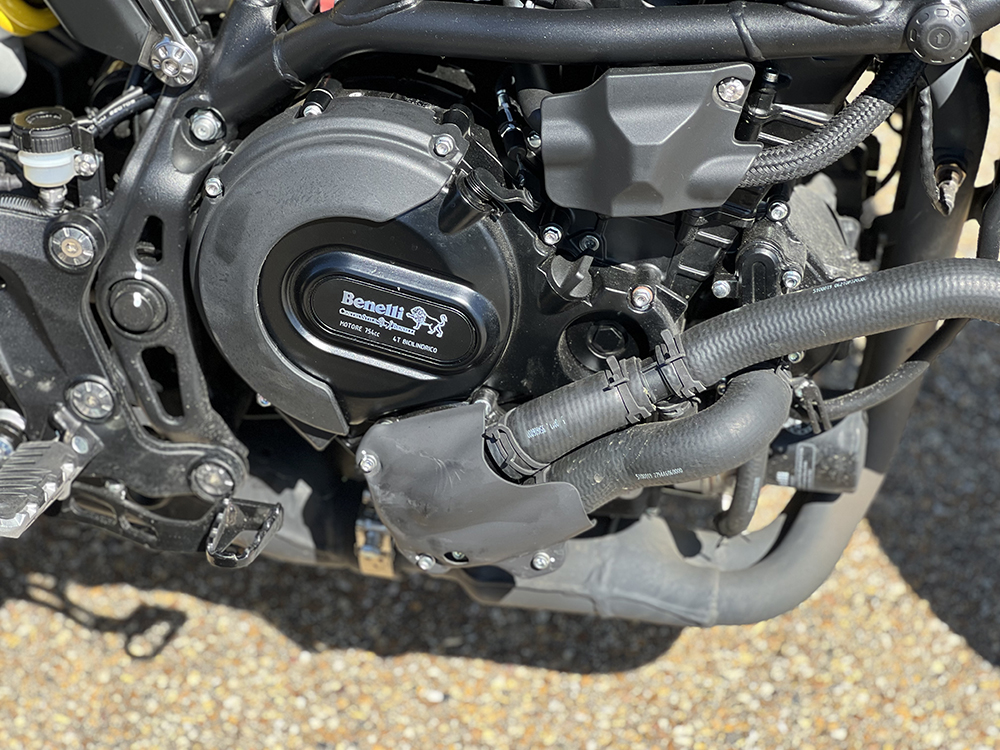
There’s a good spread of power across the rev range but the sweet spot is between 6500rpm and 8500rpm and there’s little point in wringing its neck much further. There’s enough power and torque to loft the front wheel and dispense with all but the fastest tin-top challengers around town. The parallel twin is also content at highway speeds, there’s plenty in the tank for overtaking duties, and there’s enough grunt to power up hills without having to drop back through the six-speed gearbox.
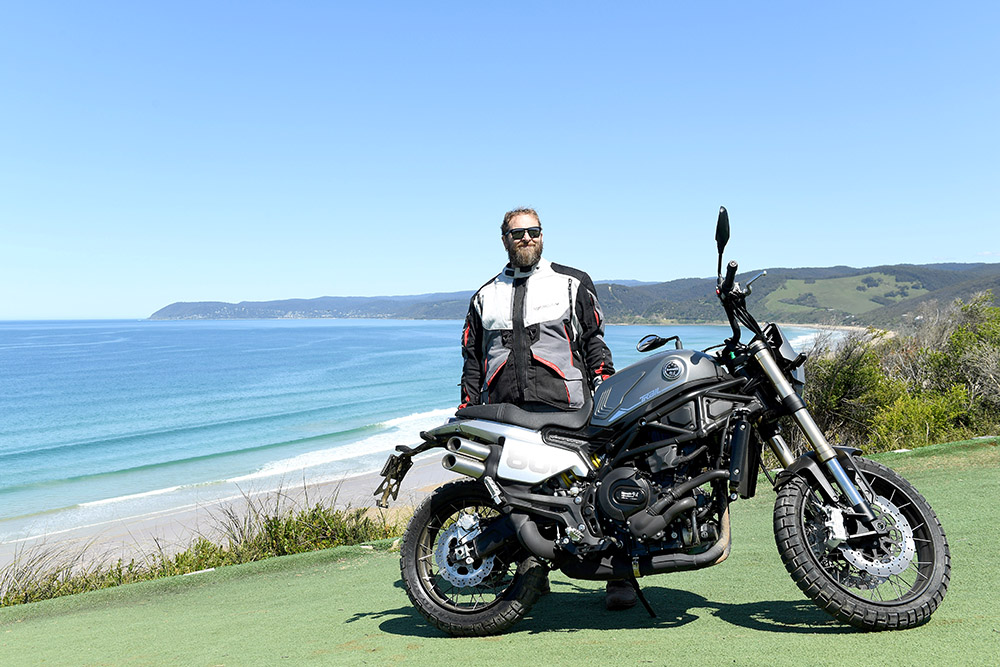
At 110km/h, the 800 is spinning over at 5000rpm which, up until that point there’s the usual throb that you’d expect from a big-bore parallel twin. But at 5000rpm a high-frequency vibration makes itself known through the ’bars and ’pegs and after a lengthy stint on the highway, I had to let go of the ’bars to shake off the tingling sensation in my fingers.
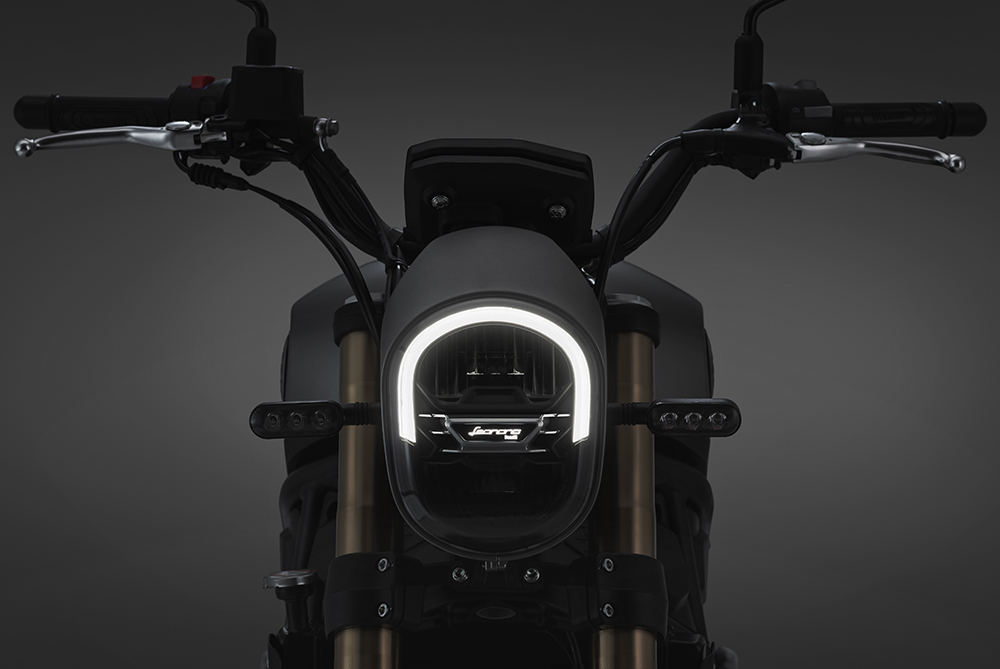
On that note the gearbox is smooth and precise, with no false neutrals to speak of, the throw is short and positive and finding neutral when you want it is never a hassle. Although I am a fan of the powerplant on the 752S (AMCN Vol 70 No 07) I was very critical of the clutch, which was grabby and light-switch-like in its action. I’m happy to say that isn’t an issue on the 800, the clutch pull is light, the action progressive. Benelli has souped up the clutch, with a revised springs and plates, and I can’t fault it. The clutch is a slipper type and, although I heard another tester complain about a big rear lockup, I could barely get a chirp out of the back tyre when changing down aggressively.
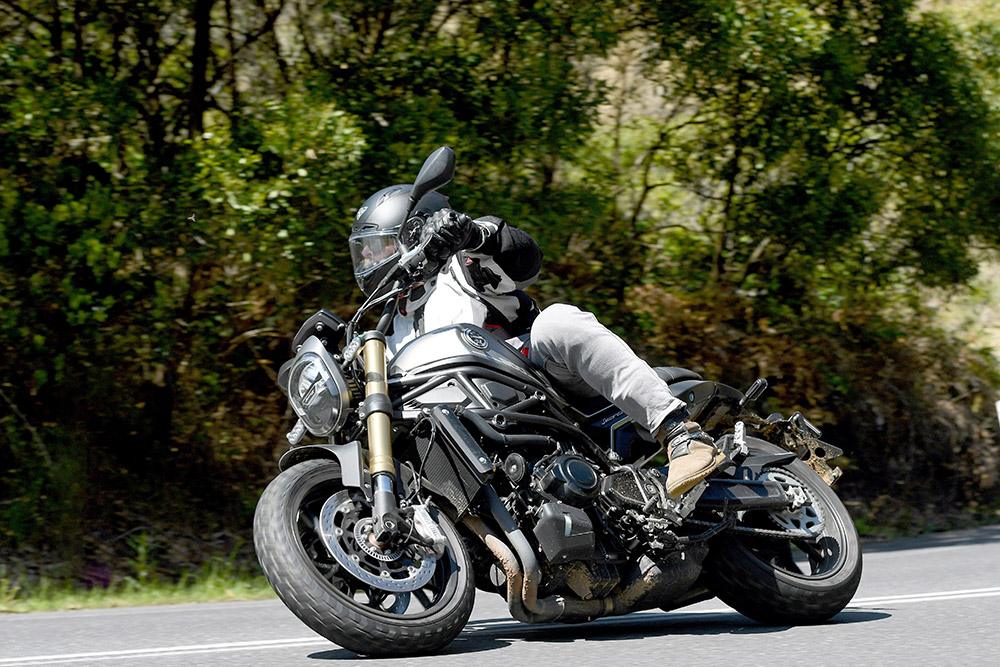
The seat is well shaped, it cups the butt nicely and for shorter stints is beaut. On longer highway stints it did start getting uncomfortable, but this isn’t a problem around town or when you’re out for a play and shifting your body position more often. The seat height on the road-oriented model is a reasonable 805mm and increases to 834mm on the Trail. At 186cm tall I had no problems getting my feet to the ground, and there’s a bit of sag in the rear end that may help out the vertically challenged.
Speaking of the rear, the suspension duties are handled by a single monoshock that offers rebound and preload adjustment and, again, I’m pleased to say that although a little soft for my weight, sub-100kg riders should find its performance almost spot on.
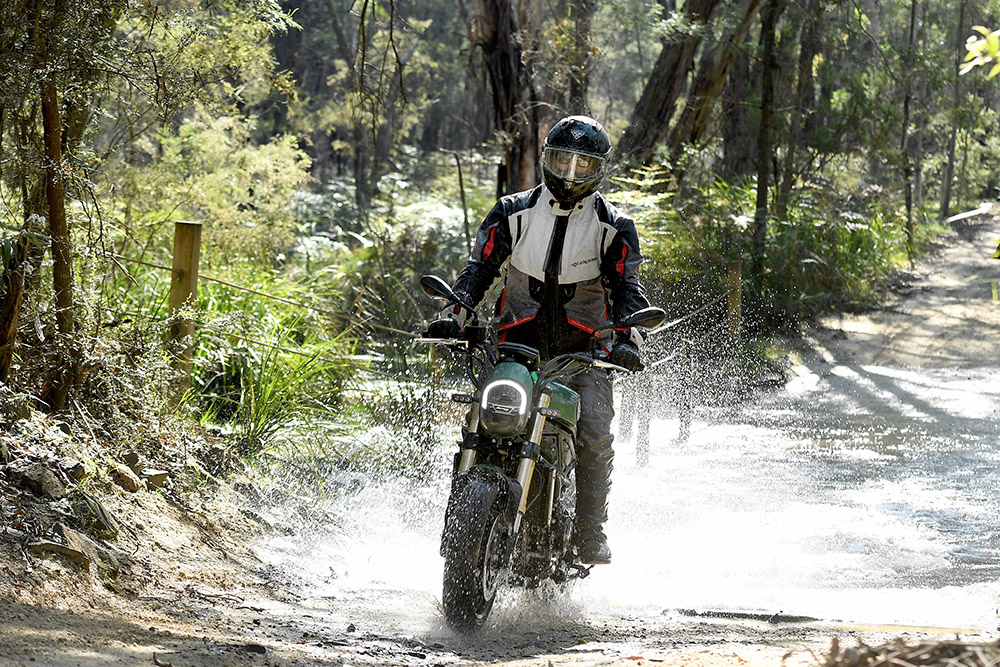
The impressively chunky 50mm fork in not adjustable, but offers a good ride quality over even the roughest of roads. The fork on the Trail version, which look identical but offer an extra 10mm of travel does a very credible job of soaking up well-traversed dirt roads and tracks, as does the rear.
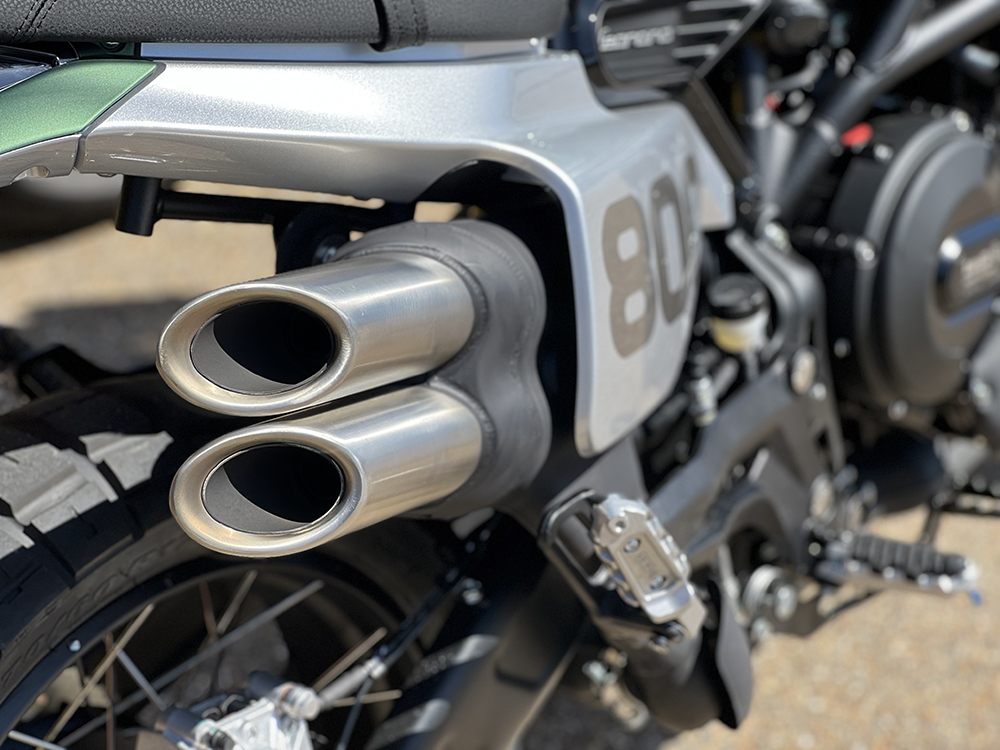
The ’bars are nice and wide and give great leverage, making both versions of the 800 an easy proposition to tip into a corner, and all is well in the cornering world until you get aggressive. And it’s here that the 800 needs some sorting.
There’s not a lot of feedback from the front end – a definite feeling of going with your gut and past experience to get through a corner rather than being fed information about what the front end is doing. This was more an issue with the road model with its 17-inch front wheel and I felt more comfortable scratching on the Trail despite its 19-inch front wheel and Pirelli off-road rubber. Between my 100kg-plus weight and a softish rear shock, there’s a need to put some muscle work in on fast changes of direction but on the whole, as long as you’re not giving the Leoncino a harder time than a bike of this genre would usually cop, it’s a really comfortable and compliant ride.
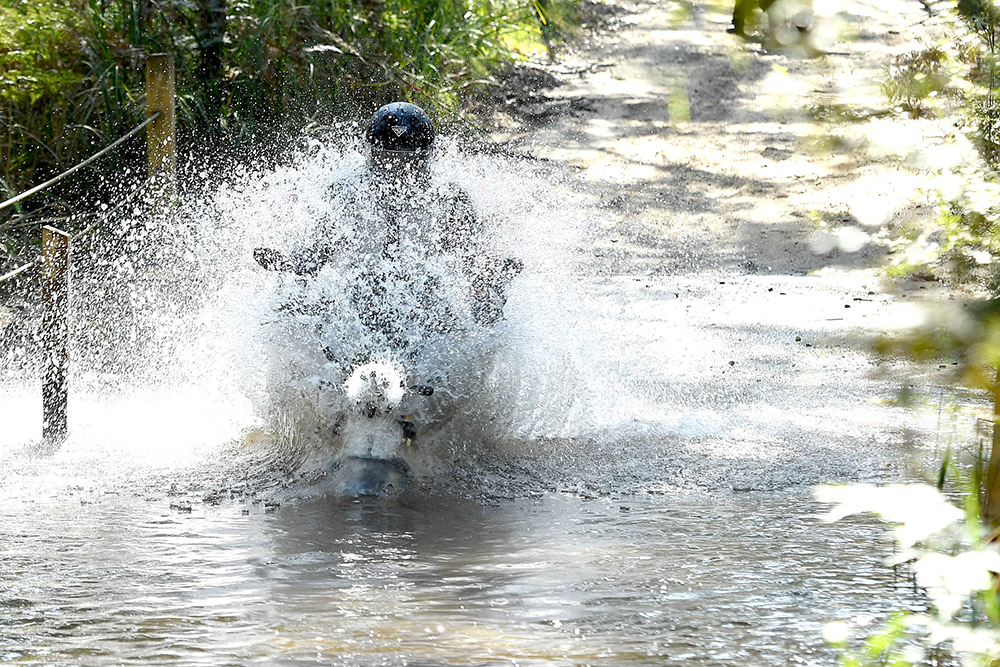
The front brake setup consists of a set of Benelli-branded four-piston radial calipers, running braided brake lines and gripping a pair of 320mm rotors. All the components are there, but they still feel a little lacklustre. They certainly aren’t bad and they pull the 800 up well, but I wanted and expected more power as well as better feel and finesse. I had a moment that required a rather energetic use of the brakes and the lack of feel meant the ABS was activating before I could predict what was going to happen. And I know that’s the point of ABS, but more refined systems communicate with a rider far more clearly than this one does. The rear brake, on the other hand, is excellent and consists of a twin-piston caliper tugging at a 260mm disc. It offers great power and great feel, things which are both very valuable off road, too.

The Leoncino 800 loses out to some of its competition in the tech department, which goes a long way in keeping the prices competitive. Both models are equipped with LED lighting all round, and 5-inch colour TFT instruments, but there are no switchable ride modes, the ABS can’t be toyed with and there’s no traction control. The TFT has a sleek-looking matt finish and is easy to read for the most part, but if the sun is hitting it from the wrong direction it’s almost impossible to read.
We’re spoilt these days, and this is certainly a first-world kind of issue, but I would like to have seen cruise control as standard and, on the Trail at least, a low-power mode to keep those knobby Pirellis in line when the weather turns ugly. And switchable ABS on the rear for more controlled off-road riding wouldn’t have gone astray either. But money talks, and with an increasingly loud voice these days, so having the option would be a good compromise.
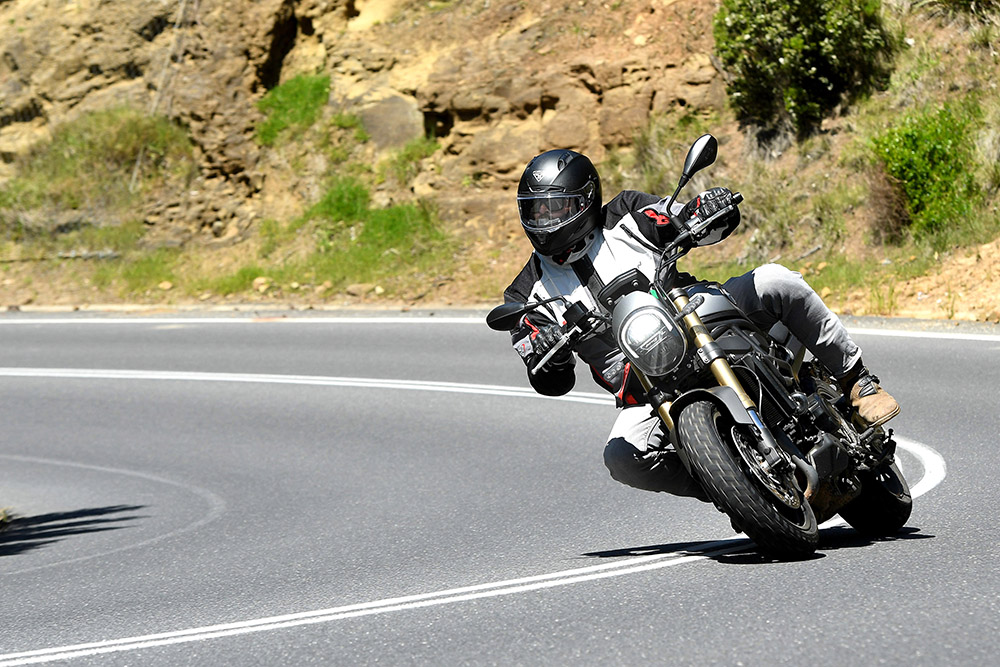
Capacity, power and torque may have increased substantially over the Leoncino 500 but so has the weight. Both the Leoncino 500 and 500 Trail weigh in at a claimed 170kg (wet). The Leoncino 800 comes in 52kg heavier at a claimed 222kg (wet), while the 800 Trail is 12kg heavier again at 234kg; a massive 64 kilograms heavier than the 500 Trail.
That extra weight means there’s not much in it when comparing the power-to-weight ratios. Leoncino 500 returns a figure of 0.206kW per kilogram versus 0.2523kW per kilogram for the 800 and 0.2393kW per kilogram for the 800 Trail. Obviously, the increased torque output comes into play, but my point is that the 800s are just too heavy. That’s not to say the pork is a problem, but it takes the edge off the punch you’d expect from the bigger displacement.
With the release of the Leoncino 800, Benelli can now go head-to-head with some heavy hitters of the industry.
Triumph has its Scrambler 900 – previously known as the Street Scrambler, and Ducati has its Scrambler Icon, both of which can be considered direct competition to the Leoncino 800. Both factories also hit the grid with off-road orientated offerings in the form of the Ducati Scrambler Desert Sled and Triumph has its Scrambler 1200 XC and XE models although, at almost double the price and dripping with high-end bits, the two Triumphs are in a very different league.
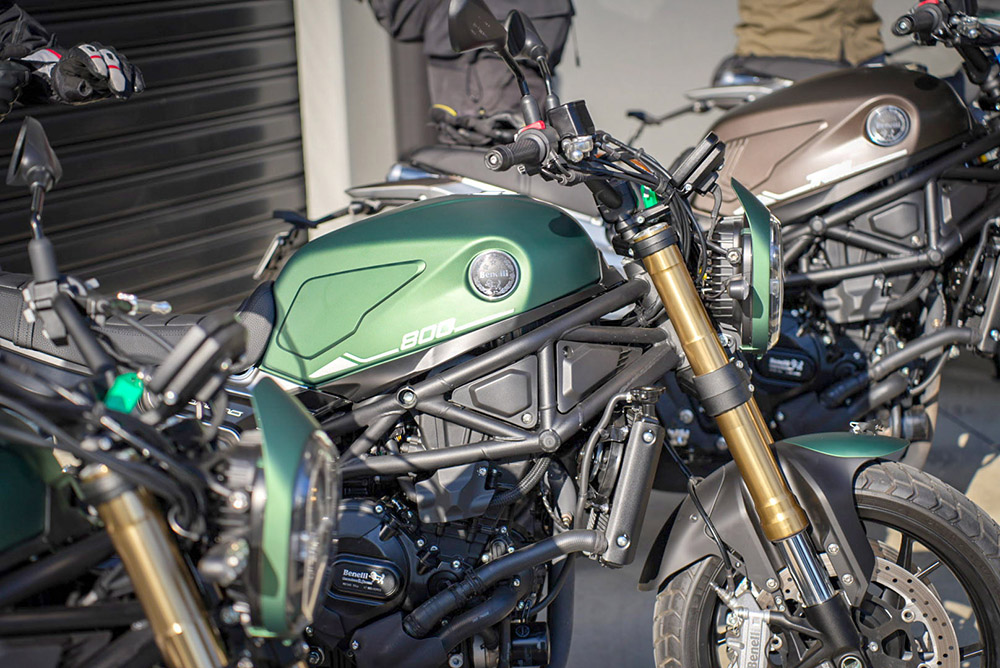
On the specs sheets at least, the Leoncino 800, priced at $13,490 (ride away) and 800 Trail ($13,990) don’t give much away to their more expensive competition. Triumph’s Scrambler 900 weighs one kilo more, puts out 8.2kW less power and costs $5260 more than to Leoncino 800, while the Ducati Icon is $3010 more expensive, 33kg lighter, and based on claimed figures, has 2.4kW less power.
Ducati’s Desert Sled on the other hand is a whopping $6710 more expensive than the Leoncino 800 Trail, though it’s 31 kilograms lighter and puts out 2.4kW less power from its 803cc V-twin engine. With that in mind I think it’s safe to say Benelli is firmly in the game with its two new Leoncinos. They’re a good deal less expensive than their European rivals and although it has some shortcomings, a few wisely spent dollars will have it sorted with change in your pocket.
The Leoncino 800 is one of the first Benellis I’ve ridden that I’ve really bonded with, it’s a damn good bike, and it looks and feels like a big bike should.
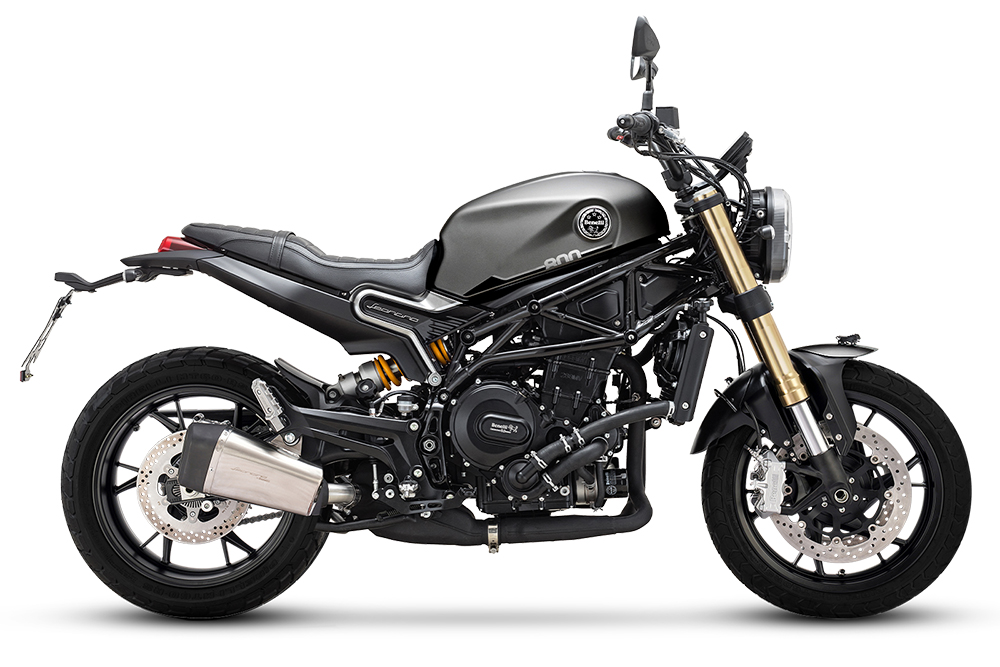
The scrambles race
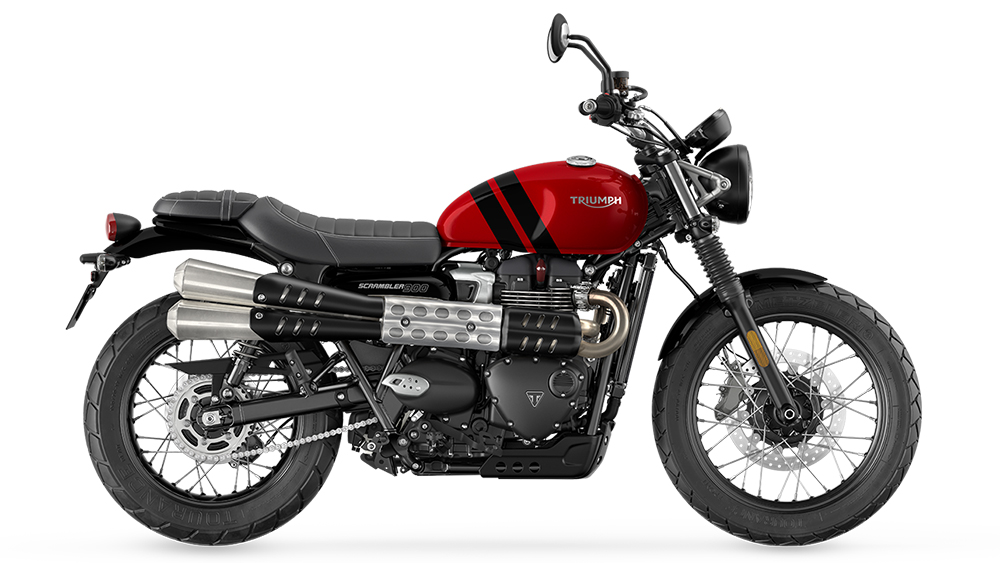
Triumph Scrambler 900
$18,750 (ride away)
Capacity 900cc
Power 47.8kW
Torque 80Nm
Weight 223kg (wet)
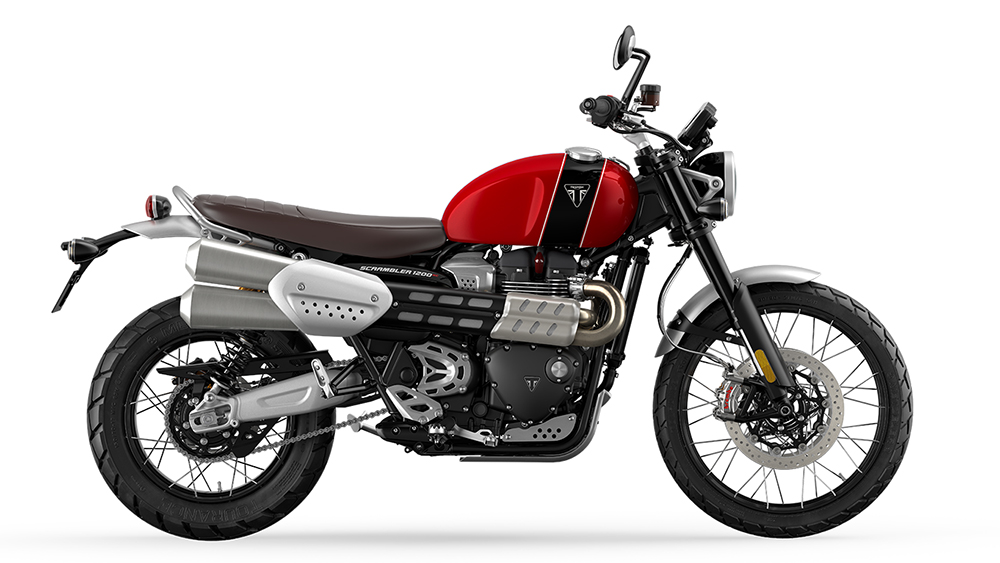
Triumph Scrambler 1200 XC
$23,690 (ride away)
Capacity 1200cc
Power 66.2kW
Torque 110Nm
Weight 230kg wet
![]()
Ducati Scrambler Icon
$16,500 (ride away)
Capacity 803cc
Power 53.6kW
Torque 66.2Nm
Weight 189kg wet
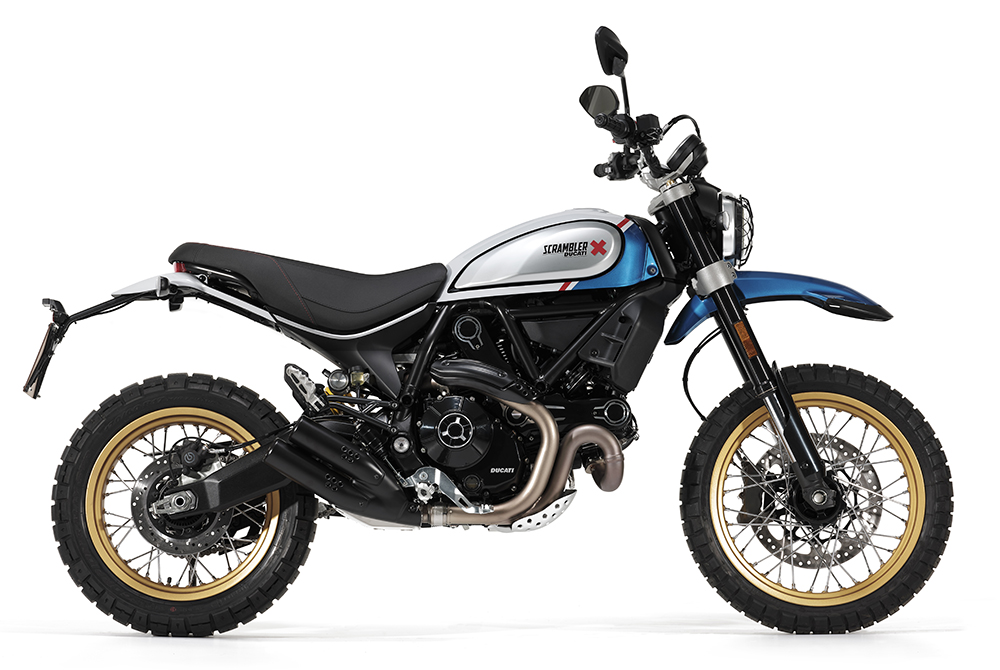
Ducati Scrambler Desert Sled
$20,700 (ride away)
Capacity 803cc
Power 53.6kW
Torque 66.2Nm
Weight 203kg wet
TEST: PETE VORST PHOTOGRAPHY JEFF CROW & UMI
